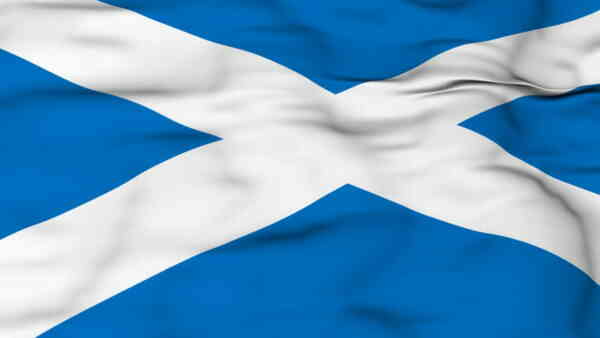The amazing country of Scotland is the land of picturesque mountains, dense forests and deep lakes, and it is not surprising that local poets so sing of its beauty in their poems. However, strictly speaking, Scotland is not an independent state – it has long been part of the United Kingdom, and although some Scots are not very happy with this, most of them have long been accustomed to consider themselves part of the UK, and do not at all strive for some change.
Facts about Scotland
- The oldest settlement in all the British Isles is located in this country. Archaeologists have established that Skara Brae was founded about 5000 years ago, in the Neolithic era. In addition, Skara Brae is the best preserved settlement of that era in all of Europe.
- It is in Scotland that the shortest air route in the world connecting the two islands is located. At the same time, the aircraft spends only a little more than one minute in the air.
- The capital of Scotland is the ancient city of Edinburgh, but it is only the second in this country, inferior in size and population to the city of Glasgow (interesting facts about Glasgow).
- Edinburgh has more listed buildings than any other city in the world.
- The game of golf was invented about 5 centuries ago by the Scots. In the original version, players rolled round stones down rabbit holes with sticks.
- There are about as many Scots outside of Scotland as there are in the country itself. Most of them live in the USA and Canada.
- The seas washing the Scottish shores, although cold, are still extremely rich in life. They are home to over 40,000 species of various living creatures, from plankton and algae to fish and mammals.
- One of the oldest trees in Europe grows almost in the very center of Scotland – in the courtyard of the church of the village of Fortingal in Perthshire. Fortingall yew, various researchers give an age of 2000 to 5000 years.
- It was the Scots who invented asphalt at the beginning of the 19th century. It occurs in nature anyway, but local scientists figured out how to produce it on an industrial scale.
- Scottish William Cullen invented artificial refrigeration in 1748, and it is thanks to him that we now have refrigerators.
- Officially, the head of Scotland, like the whole of Great Britain, is the ruling English monarch (interesting facts about Elizabeth II).
- The population of Scotland is 5.4 million.
- In 2014, a referendum was held in the country about the possible withdrawal of Scotland from the UK. However, more than 53% of those who voted decided that it would be better to remain part of the United Kingdom.
- Most countries have symbols – animals or plants. But in Scotland, the symbol of the country is a fictional creature – a unicorn, which is a unique case.
- There are more red-haired people in this country than in any other country. And in some Scottish areas, they even make up to 30-40% of the population.
- Most Scottish bars and pubs are forbidden to enter clothes with the symbols of any football clubs.
- Since 1987 The Whiskey Heritage Center has been operating in Scotland for a year – a kind of compromise between a pub and a museum, a truly unique place.
- In addition to the land in Britain, Scotland includes about 800 more islands. But most of them are very small, and therefore uninhabited.
- This state, previously independent for almost 500 years, became part of Great Britain only at the beginning of the 18th century.
- The telephone was invented Scotsman Alexander Graham Bell.
- The area of Scotland is approximately equal to the area of the Czech Republic or Panama (interesting facts about the Czech Republic and Panama).
- Contrary to popular myth, the Scots practically do not wear traditional kilt skirts, and they are worn mainly only for some events and holidays.
- Despite the magnificent nature, in many places completely untouched, in the whole country there are only two national parks protected by the state.
- Official status in Scotland have as many as three languages - English, Scottish and Gaelic.
- In the XI-XII centuries, the Scandinavian Vikings often raided the Scottish coast. They also established their settlements there, and many Scots actually have Scandinavian roots.
